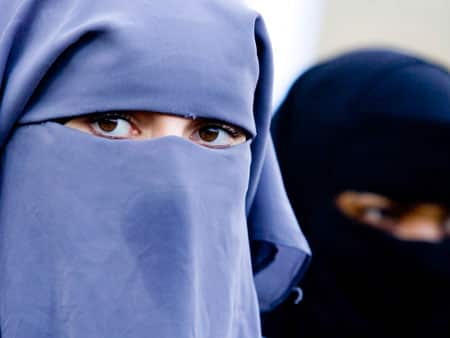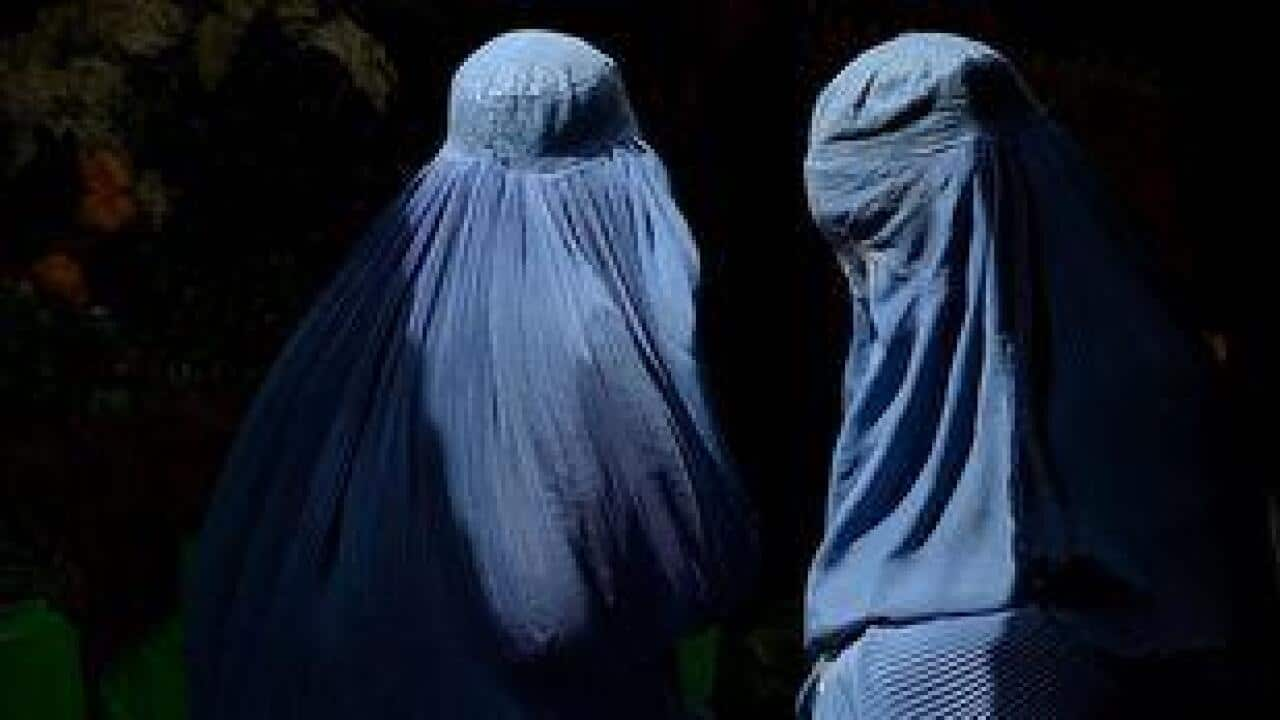The Egyptian government is drafting a bill to ban women from wearing the burqa (full body covering robe) and niqab (face veil) in public places and government institutions, but experts question whether this will just create political problems for the government.
Both articles of clothing are typically worn by some Muslim women to show iman or faith.
Dr Ahmad Shboul, the Former Chair of the Department of Arabic and Islamic Studies at the University of Sydney, views the ban as “problematic” if imposed by “political authorities”.
“What Egypt needs is a long term program of education, since the idea of a niqab is not really Islamic. The Qu’ran says nothing about the need for a woman to wear a niqab or burqa,” he told SBS News.
According to Egyptian MP Amna Nosseir, the full-faced veil (niqab) is not required by Islamic Sharia Law. The Qu'ran only specifies that a woman needs to cover her hair, making the hijab sufficient, she said.
“How did Islam impose the niqab if Muslims are asked in the Quran to lower their gaze?” Ms Nossier said, citing a passage from The Qu’ran that states men should lower their gaze in the presence of a woman.
Dr Shboul said that covering the female's head is an old tradition in Judaism and older Catholic churches as well, but pointed out that the wearing of the niqab or burqa is “not widespread” in Egypt..
He also said there is confusion surrounding what is and is not acceptable when it comes to how Muslim men and women should dress.
“There is a lot of confusion in people’s minds, in terms of behaviour and social interaction.” he said.
For example, whilst going on pilgrimage (Hajj), Dr Shboul said, women are in fact told to not cover their faces.
“When they go to Hajj, women should not cover their faces. There’s even no segregation; men and women worship in the same area ,” he said.

This Egyptian woman staring at a scantly clad mannequin highlight the cultural shift it will take for a burqa ban to really take hold i. (Instagram / GaryCox) Source: Instagram
Effectively, Dr Shboul sees the ban as a “complex issue” with “security, political, and sociological implications”.
From a security standpoint, he said, by covering one’s entire body it can be hard to know the identity of the one who is covering their face. From a political perspective, certain factions opposing the current Egyptian government, like the Muslim Brotherhood, may use the legislation to attack the government.
From a sociological standpoint, which Dr Shboul framed as the practical rationale behind the bill’s drafting, the burqa and niqab could impede effective communication, especially in situations where reading facial expressions are integral.
“For teachers in classrooms, for patients needing to be diagnosed, facial expressions are very important,” he said.
Last February, Cairo University president, Gabar Nasser, enforced a rule banning female staff from wearing niqabs or burqas the within the Qasr al-Aini Medical School and its associated hospitals.
“The decision bans them [doctors, nurses, specialists, consultants, technical assistants and all academic staff] from wearing the niqab during working hours to protect patients' rights and interests,” read a press statement from the University, reported .
In September last year, Mr Nasser also banned female teaching staff from wearing the burqa or niqab in the classroom, as students had complained the garb impeded their ability to communicate properly. For a ban to effectively take place, Dr Shboul believes the initiative needs to come from women themselves, and not from legislation.
For a ban to effectively take place, Dr Shboul believes the initiative needs to come from women themselves, and not from legislation.

Dr Ahmed Shboul sees the ban as a “complex issue” with “security, political, and sociological implications”. (AAP) Source: AAP
“It should come from the women themselves, educated, well-informed women. Women who wish to assert their rights as opposed to cover their faces. It needs to be done themselves.”
However, if the ban aims to succeed through a political route, Dr Shboul believes the Egyptian parliament will need the support of religious academics to bill not only passing, but being embraced by society.
Related reading

Afghani women's team gets shirt with hijab
“What Egypt needs is a long term program of education, since the idea of a niqab is not really Islamic. The Qu’ran says nothing about the need for a woman to wear a niqab or burqa,” he said.


